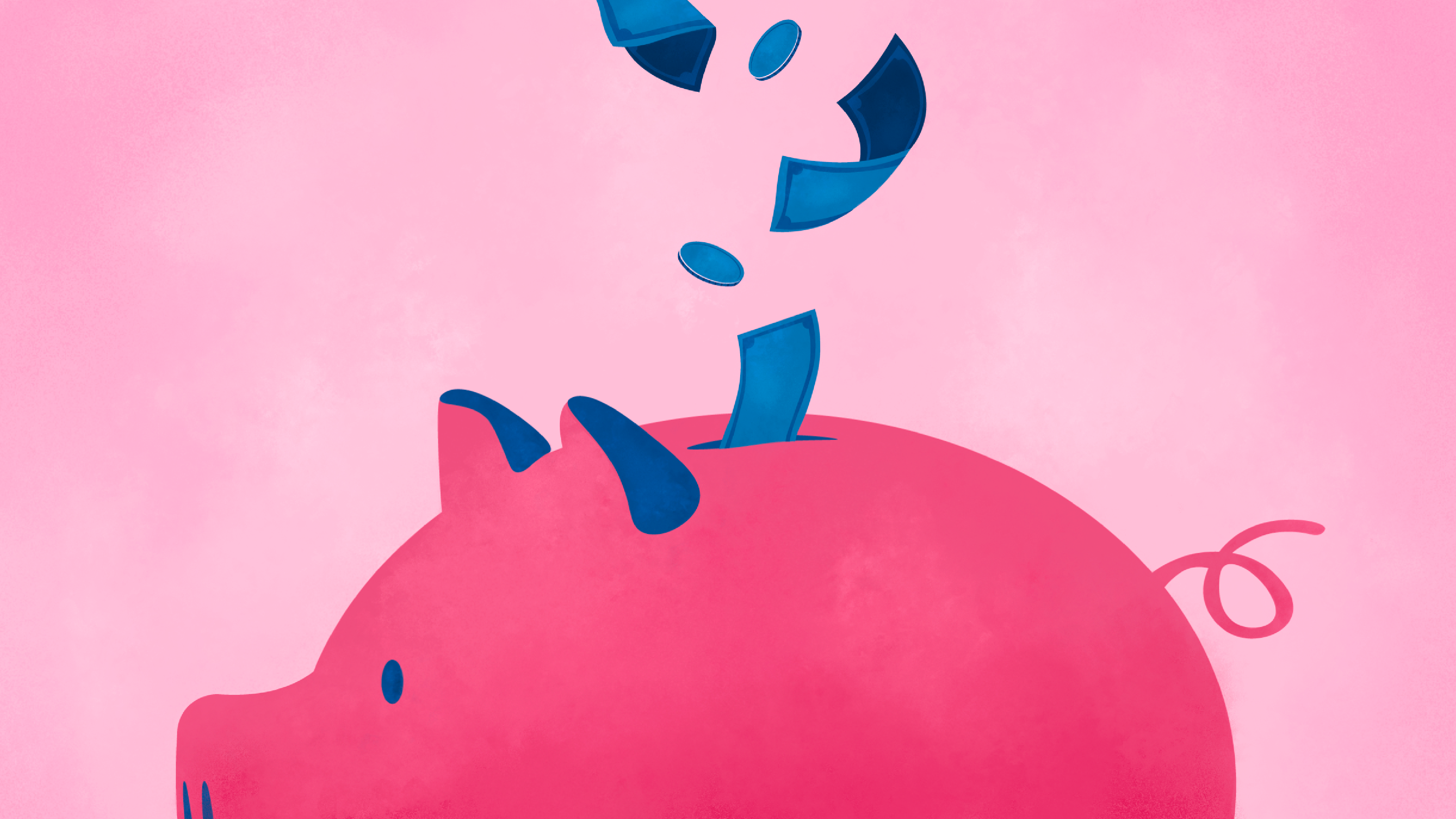How Much Does Wealth Affect Your Well-Being?
And how social capital works differently for people at different levels of wealth.

On this episode of The Long View, Meir Statman, author and Glenn Klimek Professor of Finance at Santa Clara University, discusses financial well-being, social comparisons, saving versus spending, and his latest book A Wealth of Well-Being: A Holistic Approach to Behavioral Finance.
Here are a few excerpts from Statman’s conversation with Morningstar’s Christine Benz and Amy Arnott.
How Much Does Wealth Affect Your Well-Being?
Christine Benz: We also wanted to talk about the extent to which wealth confers well-being or doesn’t confer well-being. There was a famous study that pointed to happiness and life satisfaction leveling off at about $75,000 in income. But then another study found higher satisfaction and happiness as wealth increased. Can you talk about how you make sense of those seemingly disparate findings about the connection between wealth and happiness and well-being?
Meir Statman: That famous study is by Danny Kahneman and Angus Deaton, both Nobel Prize winners. And what they found was that emotional well-being levels off at $75,000 a year of income. That is, people who earn less than that of course are more sad than people who earn more. But earning double of $75,000 still makes you sad and frustrated—that is, even people [who] earn more money are frustrated any day because a colleague got a raise, and they did not, or the kid misbehaves, or whatever it is. But they found that evaluative well-being increases without limit with income. And so, earning $100,000 makes you enjoy higher evaluative well-being than earning $75,000, and $200,000 is more than $100,000. What psychologist Matthew Killingsworth found more recently is that even emotional well-being goes up beyond $75,000 a year, that experience well-being increases without limit. And what you found is that what Kahneman and Deaton asked people is to think about how they felt yesterday.
Well, how they felt yesterday might not be how they feel right now. And what he did was to ask people to keep an iPhone and he would ask them questions. They would come at random points and ask them, how do you feel right now? And that let him find that people who earn more money enjoy higher-experienced well-being at higher income. And you can see why that is—people who earn more money simply do not have the pressures, the frustrations of people who earn less. But there are diminishing returns in the sense that an extra $100,000 on top of $1 million adds less to that well-being than $100,000 added to another $100,000. So, in other words, money matters. And anyone who tells you that is all about friendship, they just forget that friendship is a wonderful thing. But even with friendship, you need money. I was reading about millennials and Gen Zers who are getting married, and people say, “I would have loved to join in your wedding, but I just don’t have the $600 or more dollars that are required to travel and stay at a hotel and so on.” So even for friendship, you need money.
How Social Capital Works Differently at Different Levels of Wealth
Amy Arnott: Another interesting thing related to what you write about in the book is how social capital works differently for people at different levels of wealth. So, basically, the idea is that less wealthy people need to rely on their social networks more for day-to-day life, for things like babysitting if something comes up or driving their kids to school, versus people with more assets. Can you talk about that and how that works?
Statman: If you are, say, lower-middle class or working class or just poor, you need to go to the doctor. You don’t have a car. Uber is expensive for your budget. You might ask a friend or a neighbor to drive you. That friend might reciprocate in the same way babysitting for you and so on. So, these are more tangible kinds of help. If you have more money, of course, you need to go to the doctor. Either you have a car or you can order an Uber, but you still need friends, although that friendship can be broader and shallower. For example, if you are an executive and you lose your job, you’ll have contacts with other people, perhaps classmates from college who are also executives in other companies. You can reach out and ask for advice and perhaps pointers to openings. If you have to send a kid to college and you want them to go to a particular kind of college, you probably know some academics who can advise you about this particular university or generally how to apply. And so, the friendships among the people who are well off tend to be broader but shallower, and shallow friendships can be very, very useful. You don’t necessarily need a heart-to-heart talk with that old classmate to get a pointer to a new job or to a university or any of the other things that are more of a concern for people with higher levels of wealth.
The author or authors do not own shares in any securities mentioned in this article. Find out about Morningstar’s editorial policies.


/cloudfront-us-east-1.images.arcpublishing.com/morningstar/JNGGL2QVKFA43PRVR44O6RYGEM.png)
/cloudfront-us-east-1.images.arcpublishing.com/morningstar/ES7BXTSJ6N4RT5GG2X7PQAHRLI.png)
/cloudfront-us-east-1.images.arcpublishing.com/morningstar/O26WRUD25T72CBHU6ONJ676P24.png)